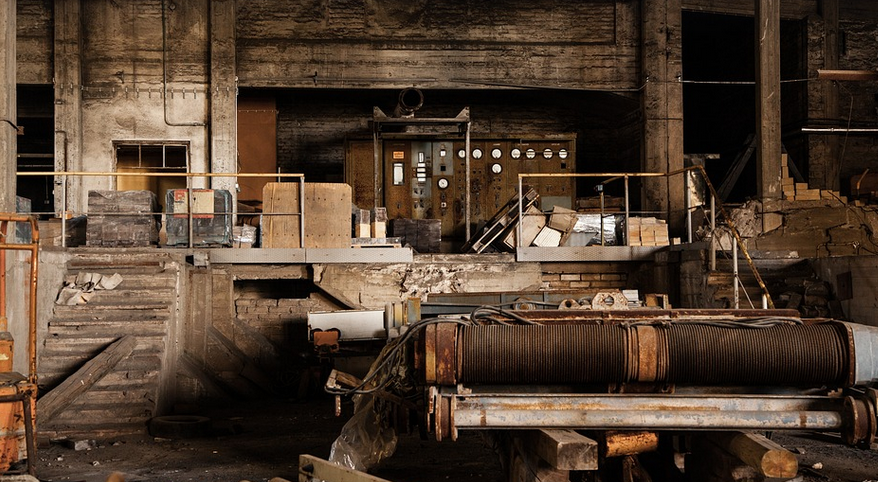The Chill Factor: Why Garage Pipes Freeze
Freezing temperatures in the winter are a fact of life, and for many homeowners, garages offer an extra layer of protection against harsh weather conditions. However, these same garages can become surprisingly susceptible to freezing temperatures. Pipes running through walls, especially in unheated areas, face the real risk of expanding and contracting with temperature changes, leading to potential bursts and damage. Imagine your garage as a mini-earthquake waiting for the chance to happen!
Why Your Garage Pipes are Prone to Freezing
Garage pipes can easily become vulnerable during winter’s chill. The main culprits are the lack of heat insulation and the exposure to cold winds. Even if your garage door is closed, sunlight that sneaks through cracks or a cold draft blowing from the side will impact temperatures drastically.
Think of it like this: your garage is essentially an open-air furnace for the outside elements. When the temperature dips below freezing, the air inside the garage can easily drop below the freezing point. This lack of insulation allows the outside cold to infiltrate and chill even the most insulated parts of your garage.
The pipes themselves act as conduits for water, which expands when exposed to freezing temperatures. Water that freezes turns into ice, putting pressure on the pipe wall, potentially leading to cracks or bursts.
The Importance of Protecting Your Garage Pipes
Protecting your garage pipes is more than just a winter ritual; it’s an act of preserving your home and its value. Preventing freezing incidents can save you from costly repairs and replacements in the long run, which would otherwise be a real headache to deal with.
Imagine waking up one frosty morning to find water leaking from your floorboards! That’s exactly what a frozen pipe can do. It can not only cause damage to your garage but also impact the integrity of your home’s structure, potentially leading to bigger issues in the future.
Strategies for Keeping Your Garage Pipes from Freezing
So, now that we have a better understanding of why garage pipes freeze, let’s turn our attention to how to keep them safe and sound. Remember, prevention is always cheaper than fixing!
1. Insulation: The Cornerstone of Garage Pipe Protection
Insulation plays a crucial role in keeping your garage warm. Whether you’re talking about the walls, the ceiling, or the floor, proper insulation can make all the difference. It acts as an extra layer of defense against the cold that penetrates your garage.
Consider the thickness: the thicker the insulation, the better it will be at blocking out heat loss. Aim for R-value ratings of 10 to 20 per inch for walls and ceilings. A good rule of thumb is to invest in high-density foam insulation around pipes running through the floor or walls.
Think about your garage door: a well-insulated garage door can help prevent cold drafts from entering and contributing to pipe freezing. Consider adding an extra layer to your garage doors for maximum insulation, especially on the bottom section where it meets the ground.
2. Heat Source: Bringing a Warmth Boost
While insulation is key, heat sources can help maintain a warmer environment in your garage. When it comes to heating your garage space, think about what options work best for you.
Electric heaters: these are effective and easy to install, but they can significantly increase your electric bill costs. They also tend to be noisy, which may not be ideal if you’re working in your garage.
Gas heaters: a more traditional option that provides consistent warmth without the noise or frequent refilling required for propane or natural gas tanks.
Infrared heaters: these offer a direct heat source with minimal air movement, which promotes faster heating and is perfect for smaller areas. They’re also quieter than electric heaters.
3. The Power of Preemptive Actions
Prevention is key, as we discussed earlier! There are several proactive measures you can take to protect your garage pipes during the winter.
4. Insulation on Pipes: Creating a Protective Barrier
Insulating your cold-water pipes with heat tape or foam insulation helps prevent freezing and potential damage. A simple application of insulating sleeves around exposed pipes will make all the difference.
A good tip is to follow pipe runs, where you’ve got more chance to isolate specific areas that might be prone to freezing. If your pipes run from the basement to the garage, think about insulate them with heat tape or foam.
5. Regular Inspections: Catching Problems Early
Regular inspections for potential leaks can help you address any issues before they escalate into costly repairs. It’s like a preventative health check for your pipes.
Keep an eye out for dripping water or signs of ice buildup, especially around the base of your pipes. If a pipe is leaking, it could cause freezing and damage.
6. Drain Down Water Lines: Removing Potential Cold Spots
If you anticipate prolonged periods of cold weather, consider draining down water lines in your garage. This can prevent condensation buildup and freezing.
A Warm Farewell to Freezing Pipes
Protecting your garage pipes from freezing is about being proactive and taking the right steps now. Remember: insulation, heat sources, and regular inspections are all critical. By investing a little time and effort into preventing pipe freezing, you’ll be able to enjoy a warm, comfortable garage throughout the winter season.
